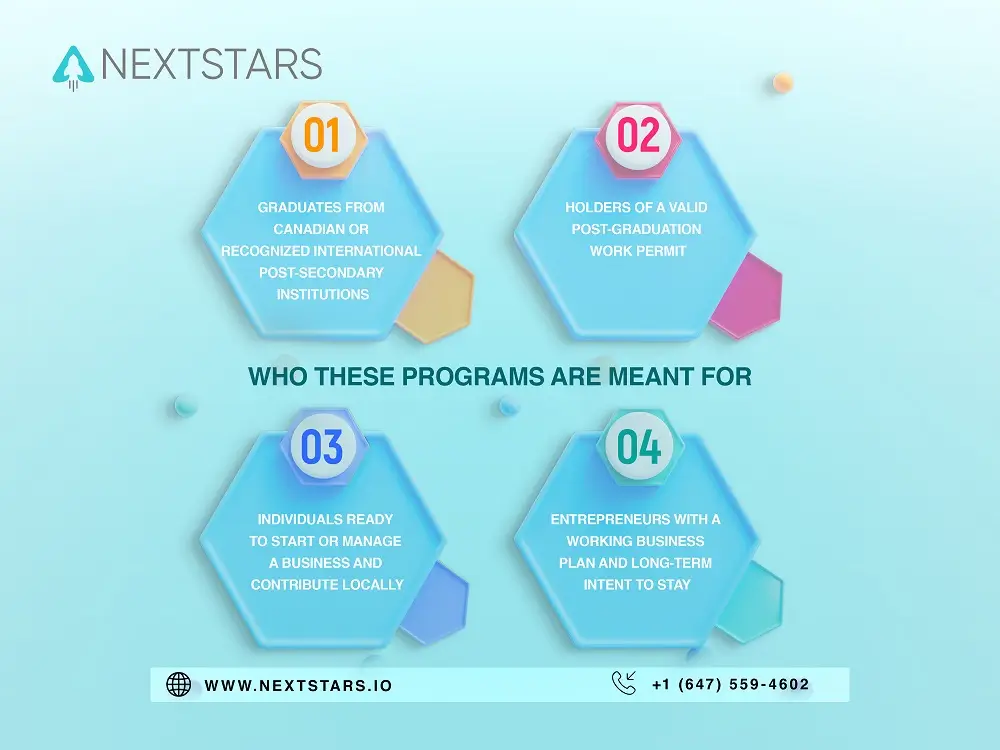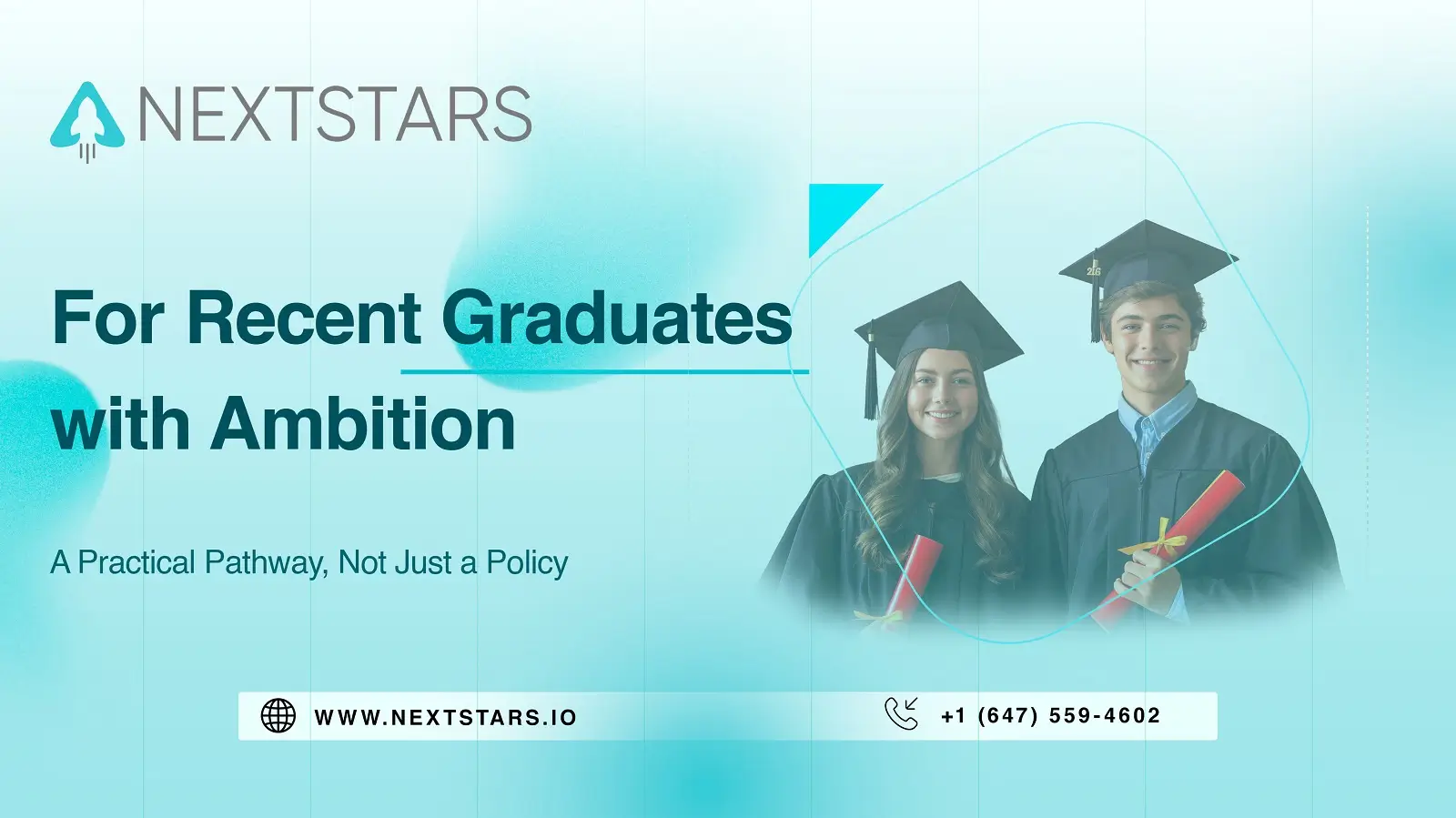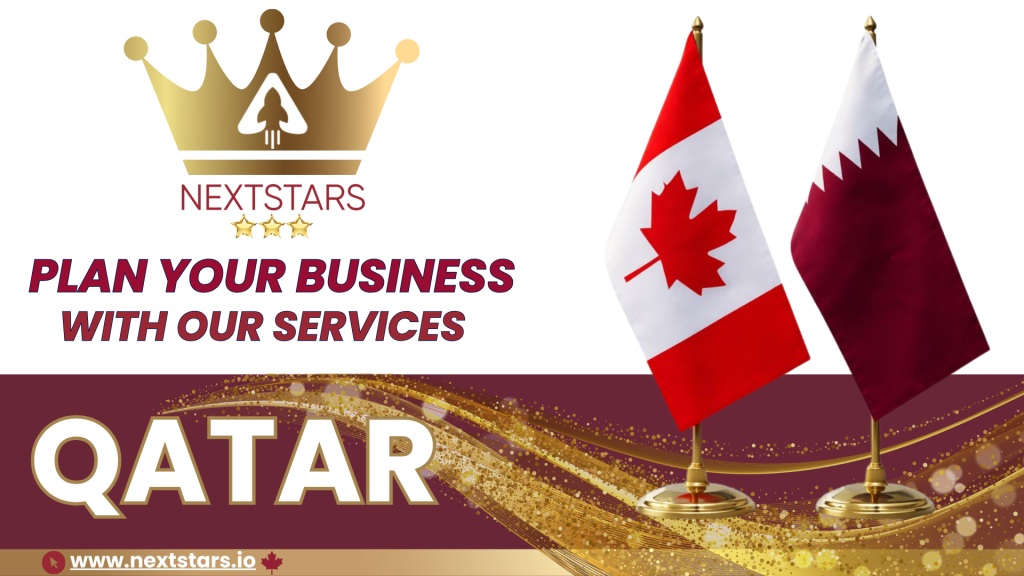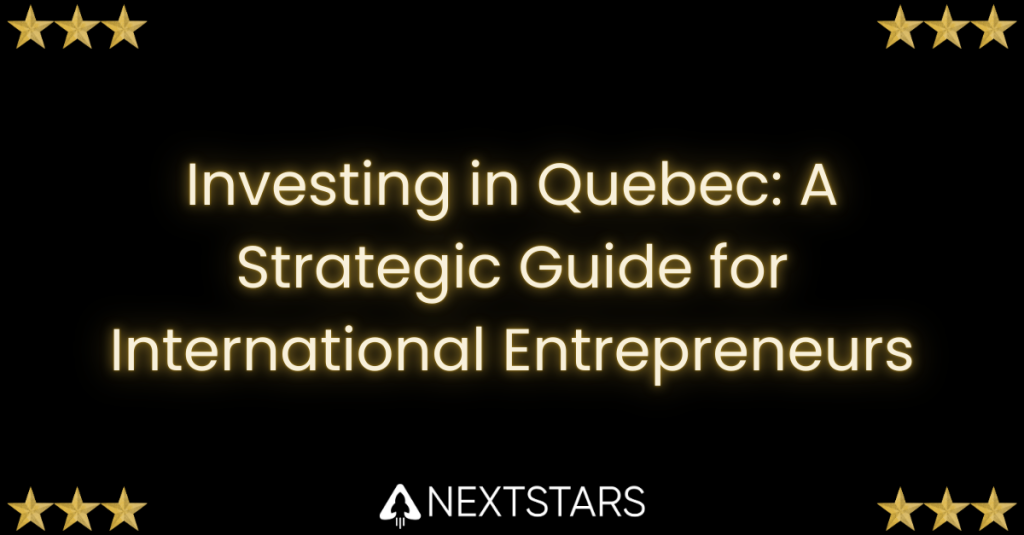Canada has quietly emerged as one of the few countries actively inviting recent graduates to stay—not just to work, but to lead. Several provinces now offer targeted immigration pathways for young, educated individuals ready to build something of their own.
These streams are designed for those who see entrepreneurship not as a distant ambition, but as their next move.
A Practical Pathway, Not Just a Policy
At the core of these programs is a straightforward idea: graduates who’ve invested time and talent in Canada should have the chance to stay and shape the economy. These streams are structured to make that possible—without requiring deep pockets or decades of experience.
They’re built around accessibility. In most cases, there are no net worth thresholds. You don’t need to be a seasoned executive. What matters is your education, your connection to the province, and your willingness to operate a real business.

Who These Programs Are Meant For
These pathways are best suited to:
- Graduates from Canadian or recognized international post-secondary institutions
- Holders of a valid post-graduation work permit
- Individuals ready to start or manage a business and contribute locally
- Entrepreneurs with a working business plan and long-term intent to stay
It’s not about where you’ve been — it’s about where you’re headed.
What Sets These Streams Apart
Compared to other business immigration programs, these graduate-focused options stand out in four key ways:
- No personal net worth requirement
- Step-by-step process: Work permit first, permanent residency later
- Language benchmark: CLB 7 in most provinces
- Heavy emphasis on education and local business activity
You’re expected to operate your business for a year before being nominated for permanent residency. But that’s not a hurdle—it’s an opportunity to prove your potential.
Where These Opportunities Are
Here’s how the top graduate-focused programs compare:
| Stream Name | Net Worth | Path Type | Language | Applicant Profile |
| Alberta – Graduate Entrepreneur | $NA | Work Permit First | CLB 7 | Alberta graduate, 2+ year diploma, PGWP, 34% business ownership |
| Alberta – Foreign Graduate Entrepreneur | $NA | Work Permit First | CLB 7 | Foreign graduate, 6+ months experience, supported by incubator |
| Newfoundland & Labrador – Int’l Graduate | $NA | Work Permit First | CLB 7 | NL graduate, business operated 1+ year, 33.3% ownership |
| Nova Scotia – Int’l Graduate | $NA | Work Permit First | CLB 7 | NS graduate, 2+ year credential, business operated 1+ year |
| Saskatchewan – Int’l Graduate | $NA | Work Permit First | CLB 7 | SK graduate, 2+ year diploma, PGWP, 1+ year business ownership |
What You’ll Need
Most programs follow a common checklist:
- A Canadian or equivalent international post-secondary credential
- A valid post-graduation work permit
- A solid business plan
- Language test results (usually CLB 7)
- Proof of ownership and active business operation
Why It Makes Strategic Sense
For recent graduates, this is one of the most accessible and strategic ways to build a life in Canada. You’ve already earned a Canadian education. These programs give you the tools to turn that investment into a permanent future—through ownership, contribution, and growth.
In the next article, we’ll shift the focus to more experienced entrepreneurs: those with deeper business backgrounds and capital to invest. But if you’re just starting out, and ready to lead, this is your moment—and your market.





